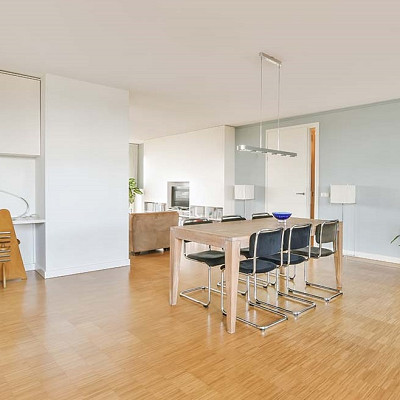
Visa to Thailand

One of the key steps in the immigration process to Thailand is obtaining a permanent residency visa, commonly known as Permanent Residency (PR). While this term is more familiar to Eastern Europeans, in Thailand, it refers to the same type of long-term authorization.
To qualify for PR in Thailand, one of the essential requirements is to reside continuously in the country for up to three years on a non-immigrant visa (NIV). There are several types of NIVs depending on the purpose of your stay. It’s important to note that not all non-immigrant visas are eligible for PR application. For example, the student visa (commonly obtained for enrolling in a university or language school) and the retirement visa (available to wealthy individuals over 50) do not allow for a PR application. Let’s explore the types of visas that are suitable for obtaining permanent residency in Thailand.

Thailand is a favorite destination for tourists from all over the world. People come here for short vacations, to escape the winter in their home country, or even to relocate permanently. The warm climate, comfortable lifestyle, and affordable prices make it an attractive option for many.

Thailand is a popular destination for tourism and relocation. One of the long-term residence options available is the Thailand Elite Visa. This article explains what the Thailand Elite Visa is, who is eligible to apply, and how the application process works.

Many foreigners are drawn to Southeast Asia and dream of settling down in Thailand. However, purchasing property in Thailand raises many questions. Here, we will address the top ten most frequently asked questions by property buyers.

To apply for a family visa to Thailand, applicants must follow certain procedures and meet specific requirements. This visa is typically available to those who have a spouse, child, or parent who is a Thai citizen or holds a valid visa for Thailand. There are several visa types that may be suitable for family members, such as the Non-Immigrant O Visa or dependent visas.
The application process usually involves submitting required documents, proof of relationship, and financial evidence demonstrating the ability to support family members in Thailand. Additional conditions may include the need for health insurance and periodic renewals.



